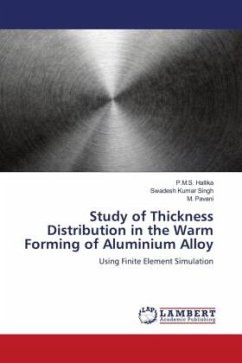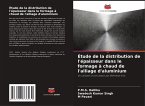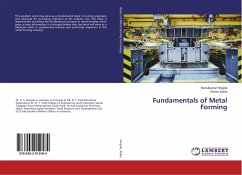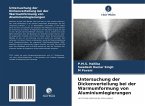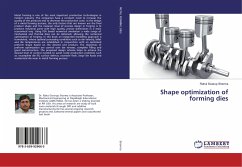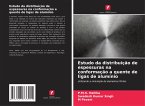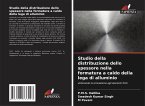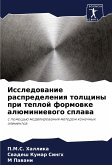Aluminum although very ductile, but it is having very poor formability which restricts its use in most of the industrial applications which require forming e.g. automobile engineering. In recent years there is an effort to increase the temperature of the material before and during forming. Generally, in any operation large amount of time is consumed in trial and error method and there are high chances that the tools are to be redesigned whenever the desired products are not obtained. So, this trial and error method involves lot of experience and loss of valuable time. To overcome this problem, process modeling by computer simulation called Finite Element Method (FEM) has been introduced which stimulates the actual process and thus saves time and money. The FEM model is constructed in LS-DYNA and after simulating the process results are compared with the experimental ones.
Bitte wählen Sie Ihr Anliegen aus.
Rechnungen
Retourenschein anfordern
Bestellstatus
Storno

